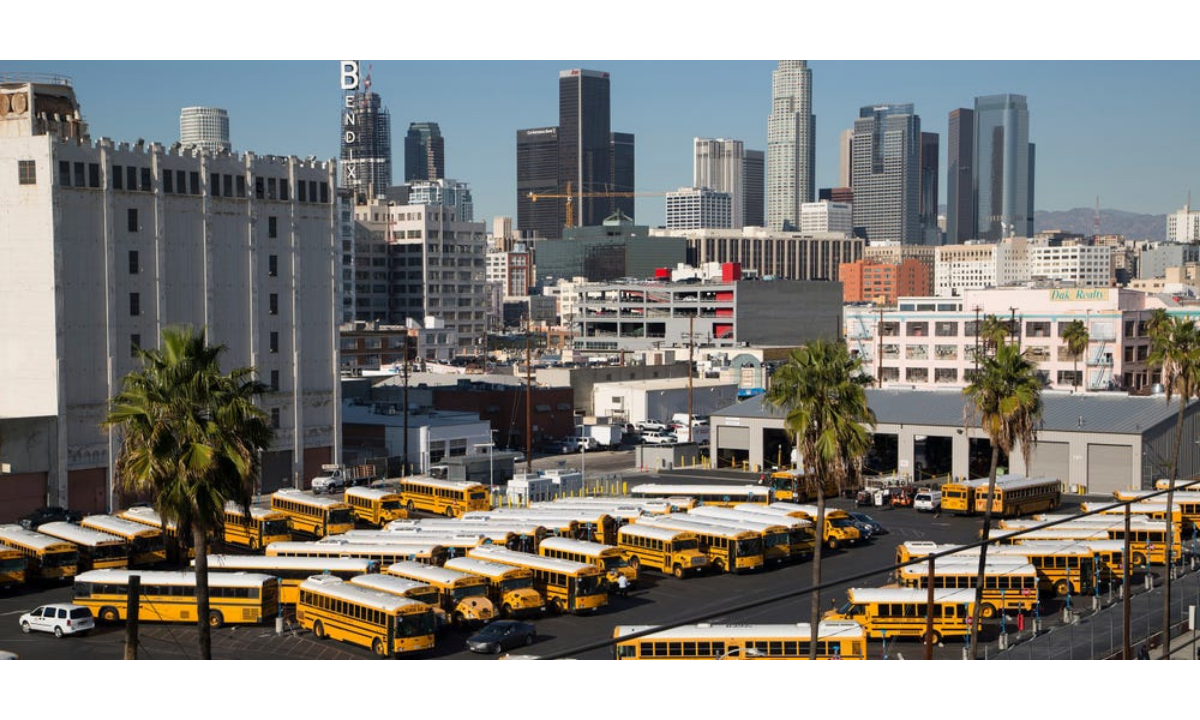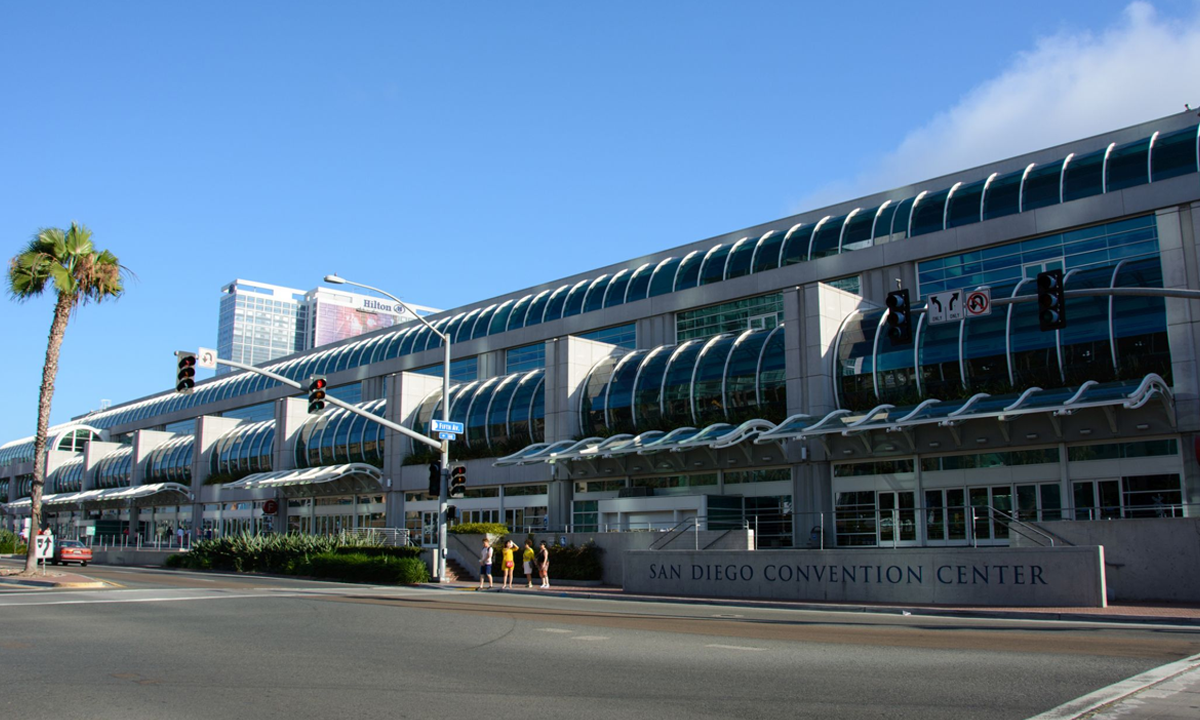Written by T. Logan Dayne
For the past few years, equity has been a buzzword thrown about in the zeitgeist of politics. Equity, in a political sense, is the idea that individuals or groups should not necessarily be treated equally but rather preferentially or discriminatorily based on what demographics they happen to fall under so that all may have an equal outcome. Differences in outcome then become attributed to discrimination. This idea has become so prominent in California, that it has dedicated itself even to such things as “health equity”, yet when some of the major cities have the opportunity to follow through with their ideals, they’re immediately abandoned. This is the case for several major cities looking to implement strict vaccine mandates. In Los Angeles, for example, the lowest percentage of vaccination rates lands upon Black and Latino citizens. With services such as dining, movie theaters, grocery stores, and even schools requiring vaccination. These services will begin being denied to a disproportionate amount of the community. Businesses that don’t start enforcing such things can face fines up to $5,000. Small business owners in these areas are being pushed into a very uncomfortable corner. They must either deny service to a substantial amount of their customers or risk the wrath of the city, both of which cut into their business and stand in strict opposition to a free market.
School districts in particular face the risk of blocking more than 50% of Black students from attending. Should the vaccination be mandated for those least vulnerable to attend in-person classes, it appears only that 44% of Black students and 67% of Hispanic students would be eligible to attend, effectively blocking a large portion of students from public education and peer interaction. Distance learning continues to be an option for those ineligible but it is a poor substitute for peer-to-peer interaction for the developing youth.
These examples stand in stark opposition to Texas and Florida, states that have had loose restrictions and yet are seeing decreases in COVID-19 cases while maintaining in-person learning and open businesses. In California, it appears that 60% of businesses closed in the last two years are permanent and more closure is forecasted to come should these mandates be implemented and maintained. Despite California’s claims of equity, the actions by some mayors are showing that such ideals are difficult to live up to and may just be hollow slogans.
Photo Cred: David McNew/ Getty Images




